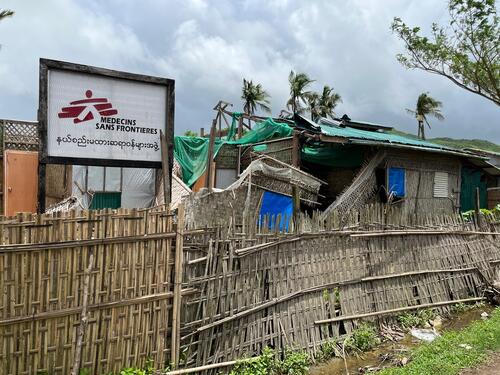
Myanmar
We work with the Myanmar Ministry of Health to provide care for HIV and TB patients, primary healthcare, and vaccinations.
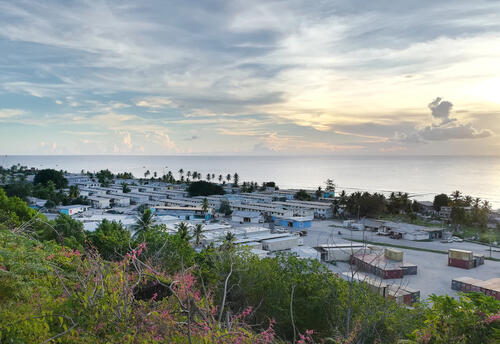
Nauru
MSF first worked on Nauru in 2017, and was forced to leave in October 2018.
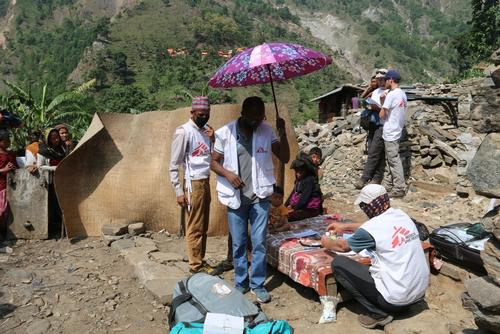
Nepal
MSF first worked in Nepal in 2002 and closed our last project in 2020.
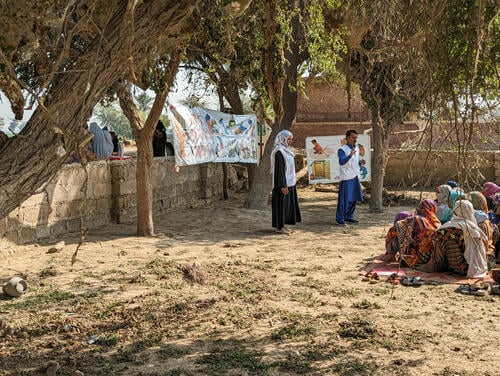
Pakistan
Access to healthcare remains a challenge in Pakistan, especially for people in isolated rural communities, urban slums and areas affected by conflict.
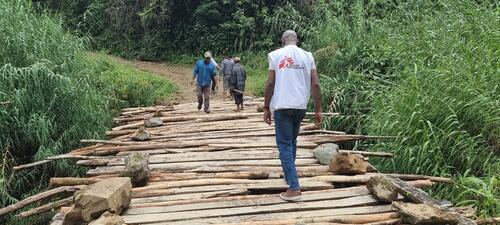
Papua New Guinea
We are working to improve access to care for survivors of violence in Papua New Guinea’s Highlands region.
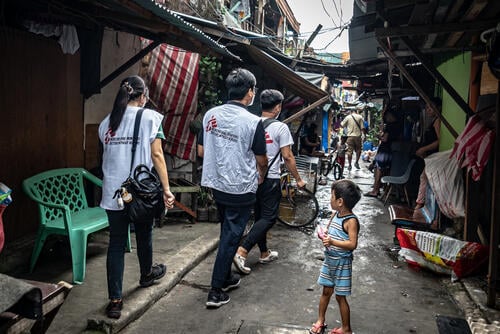
Philippines
An assessment we conducted in the Philippines in 2015 confirmed the need for sexual and reproductive health services in the densely populated and impoverished Tondo area of the capital, Manila.
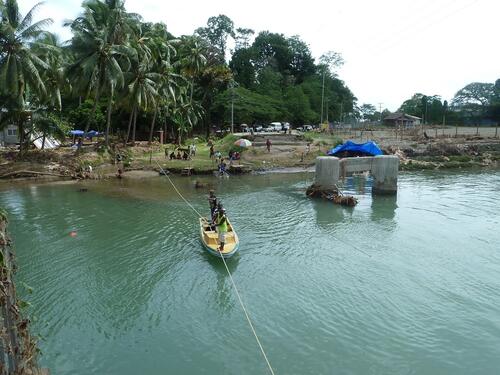
Solomon Islands
MSF provided medical care in the Solomon Islands following devastating floods in 2014.
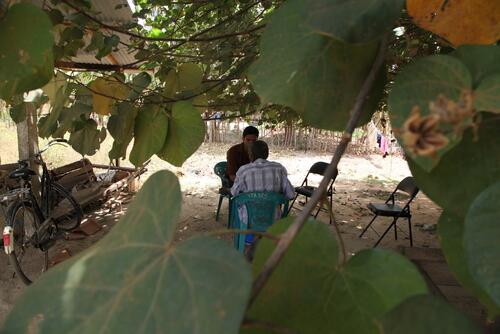
Sri Lanka
MSF first worked in Sri Lanka in 1986 and closed its projects in 2012.
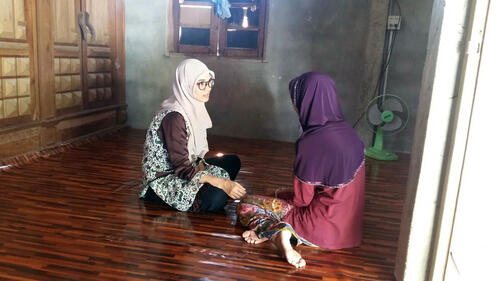
Thailand
We work to provide mental health support to vulnerable communities in southern Thailand.
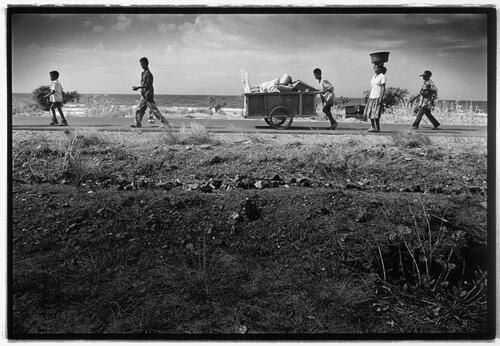
Timor-Leste
MSF began working in what is now Timor-Leste in 1999 and closed its projects in 2002.



